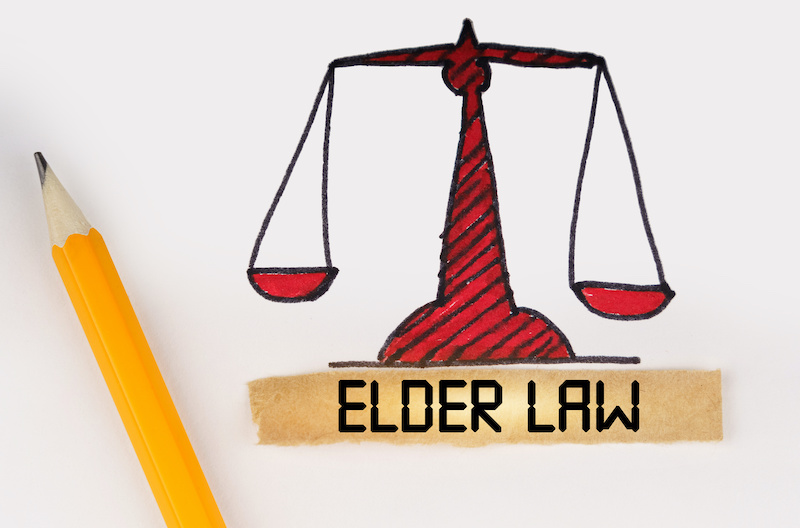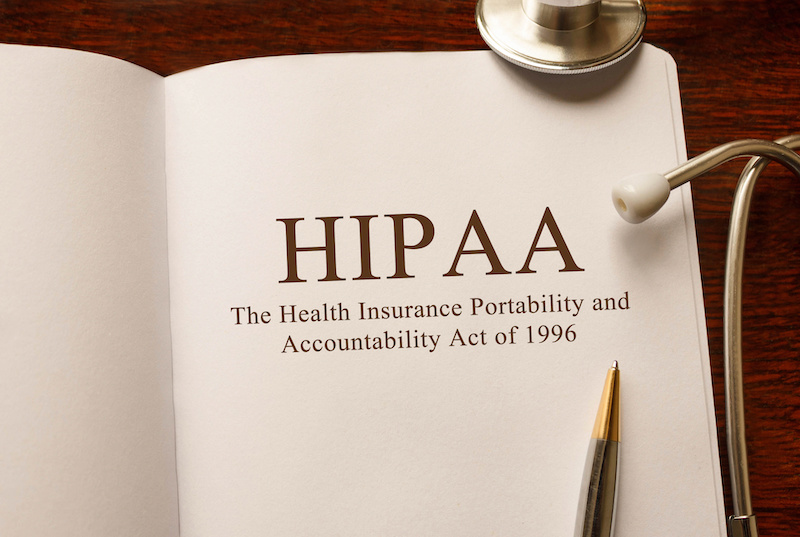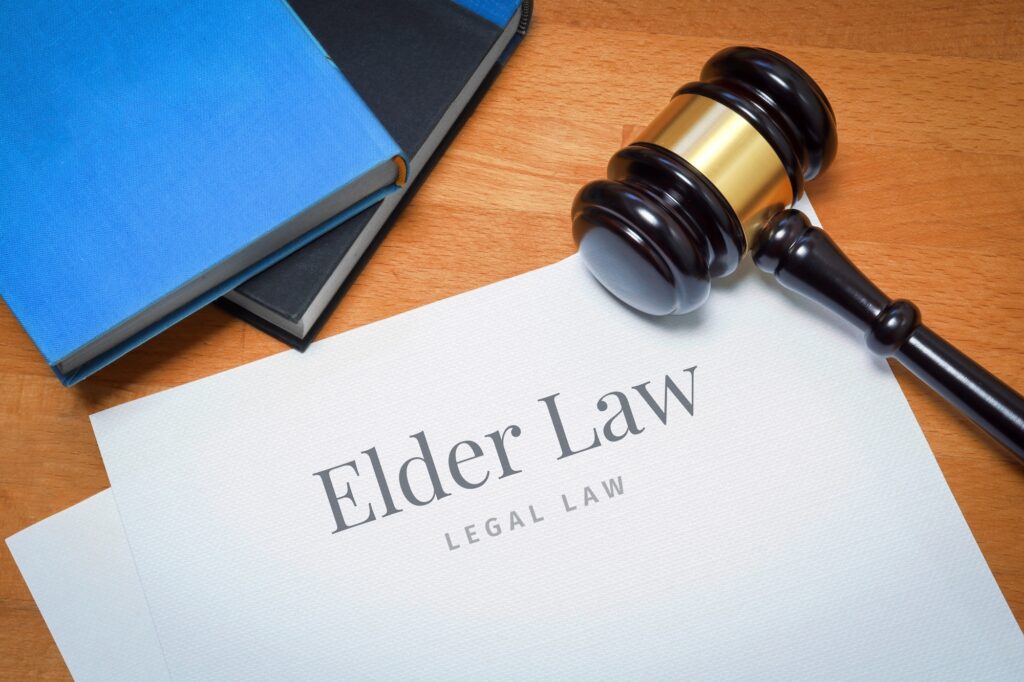
In terms of financial affairs and health care needs, you may wonder how estate planning and elder law differ. Estate planning and elder law also have some similarities.
Although these two types of law differ and apply to varying stages in life, many handle them simultaneously. This is because many people wait till later in life to start their estate planning process. When an older person creates an estate plan, they may also need some elder law counseling. The two fields work together.
Estate Planning

The main goal of estate planning is to choose legal documents to determine what will happen to assets. An estate planning attorney will help you make important decisions, such as:
- Who makes medical and financial decisions if you are unable
- Who is allowed access to your medical records
- How assets are distributed after you are gone
- Who cares for minor children if you become incapacitated or die
- Who manages money for your minor children if you are no longer able
- How to handle your funeral arrangements and burial
Durable Powers of Attorney (POA)

By using a general durable power of attorney document, you can name a person, or persons, to make financial decisions on your behalf if you are no longer able to do so. Expressing your end-of-life wishes requires designating a person to make healthcare decisions for you by completing a health care directive. By completing a Health Insurance Portability and Accountability Act (HIPAA) form, you will give your health care providers permission to share your medical records with the people listed on your HIPAA form.
Wills and Trusts

In your will, you can name the beneficiaries of your estate as well as a guardian to care for any minor children you may have at the time of your death. You can also name a conservator to manage the money you leave for their benefit. Some people create a trust, or trusts, to hold their assets during their lifetime and after death. They then sign a pour-over will that moves assets into their trust(s) upon death. You can leave instructions concerning your funeral or memorial service and what you want to happen to your remains in your will or a separate document.
Elder Law

Whereas estate planning focuses mostly on what happens after a person dies, the area of elder law focuses on a person’s last years or months. This can include planning for long-term care and applying for government assistance, such as Medicaid, Medicare, and veterans’ benefits, if applicable. Using elder law tools and strategies, an elder law attorney can help you find ways to preserve your assets while preparing to apply for benefits.
Like estate planning, it is best to start the elder law planning process well in advance. To qualify for benefits, such as Medicaid, you may have to sell or transfer ownership of some assets years before applying for benefits. Hiring a skilled attorney can make the difference between receiving benefits quickly or not at all.
Many people discriminate against seniors. They run a greater risk for discrimination, neglect, and abuse. Elder law attorneys help seniors and their family members recognize right violations. They also take legal action to counter and remedy the situation.
Tying Estate Planning and Elder Law Together

It is best to start your estate planning process as soon as possible since the decisions involved could come at any time due to an accident or an illness. Planning for end-of-life care and the benefits associated with it may come later in life. But preparing well in advance lets you legally reduce assets for an extended period to qualify for benefits, like Medicaid.
Even younger families just starting their estate planning process may look at elder law planning at the same time for senior family members’ needs. Some estate planning tools, such as trusts, are often used when helping a parent plan for Medicaid and other government benefits for long-term care expenses. An attorney experienced in both estate planning and elder law can advise you in these areas and help you navigate complicated processes.
About Skvarna Law Firm in Glendora and Upland, California

Let a skilled attorney assist with your estate plan. So, contact us today to learn about your options (909) 608-7671. We operate offices in Glendora and Upland, California. Therefore, we provide legal services for individuals living in San Bernardino, Los Angeles, Orange, and Riverside Counties. This includes the cities of Upland, Ontario, Rancho Cucamonga, Fontana, Colton, Rialto, Chino, Chino Hills, Glendora, Claremont, Montclair, Pomona, La Verne, San Dimas, Azusa, Covina, West Covina, Diamond Bar, Walnut, La Puente, Corona, Norco & Mira Loma. Visit SkvarnaLaw.com to learn more.


